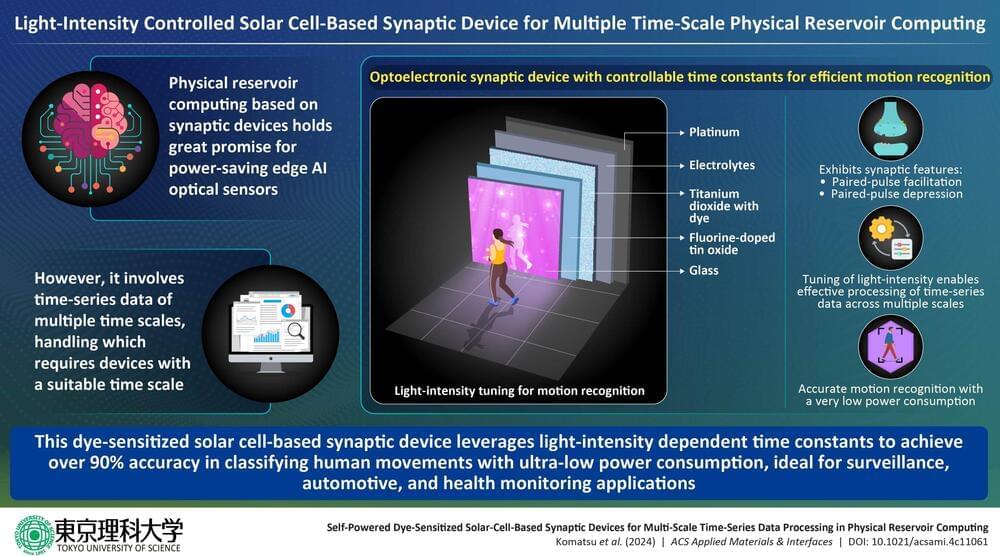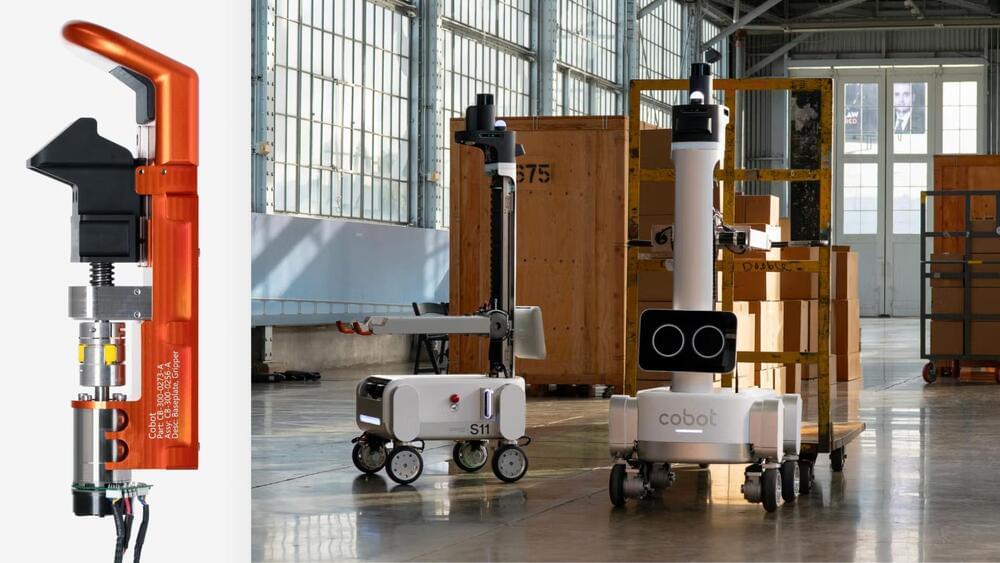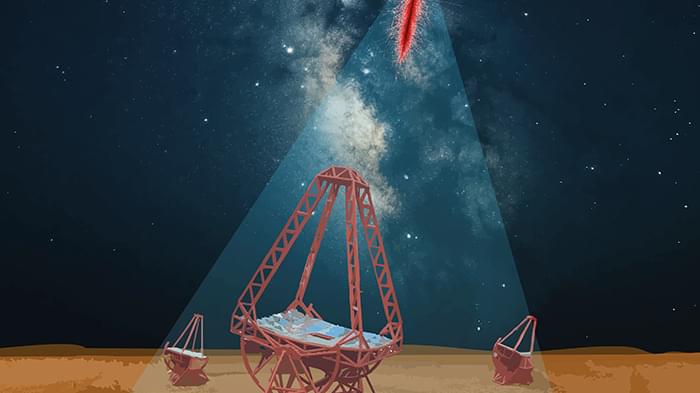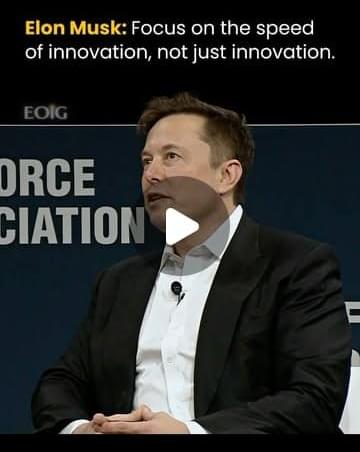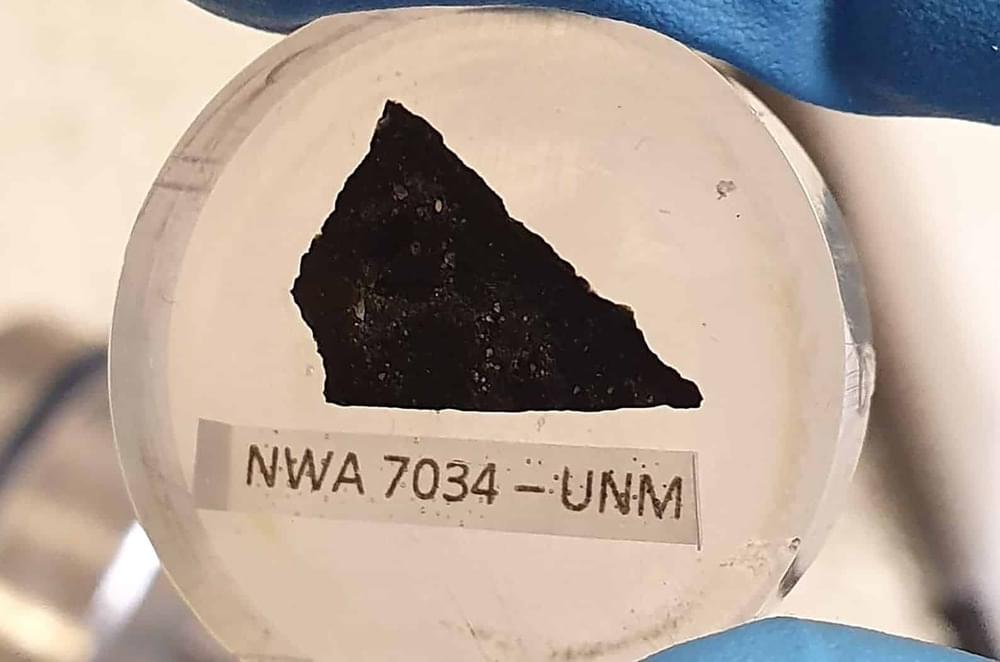
The V-score benchmarks classical and quantum algorithms in solving the many-body problem. The study highlights quantum computings potential for tackling complex material systems while providing an open-access framework for future research innovations.
Scientists aspire to use quantum computing to explore complex phenomena that have been difficult for current computers to analyze, such as the characteristics of novel and exotic materials. However, despite the excitement surrounding each announcement of “quantum supremacy,” it remains challenging to pinpoint when quantum computers and algorithms will offer a clear, practical advantage over classical systems.
A large collaboration led by Giuseppe Carleo, a physicist at the Swiss Federal Institute for Technology (EPFL) in Lausane and the member of the National Center for Competence in Research NCCR MARVEL, has now introduced a method to compare the performance of different algorithms, both classical and quantum ones, when simulating complex phenomena in condensed matter physics. The new benchmark, called V-score, is described in an article just published in Science.


